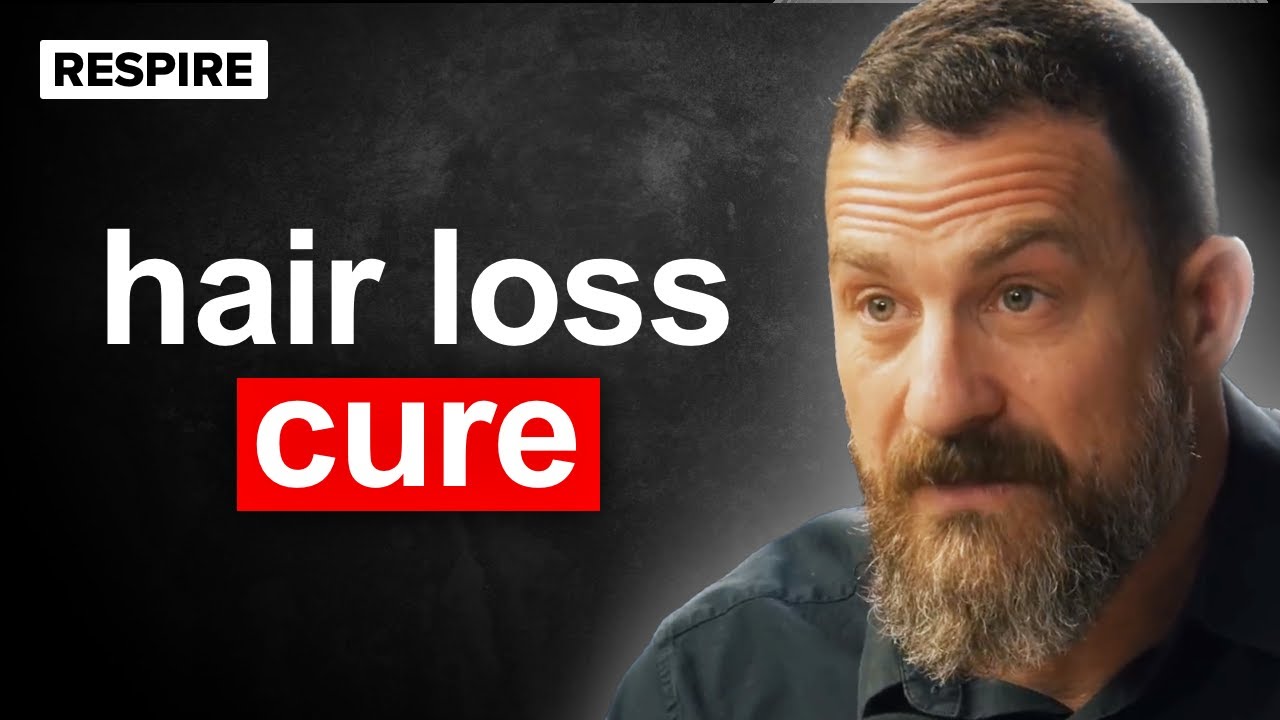Hair loss is a deeply personal concern that affects millions of men and women alike. While some degree of shedding is natural, persistent thinning or balding can cause emotional distress, impact self-esteem, and even signal underlying hormonal imbalances. Fortunately, modern research offers a variety of strategies to both halt and reverse hair loss — and many are more accessible than ever.
In this article, we’ll explore evidence-based approaches to maintaining healthy hair, including nutritional insights, lifestyle adjustments, medications like minoxidil and finasteride, and advanced methods like microneedling. Whether you’re looking to boost hair growth or prevent further thinning, these techniques can help you reclaim your confidence — from root to tip.

Understanding the Root Causes of Hair Loss
Hair loss can occur for various reasons, ranging from genetic predisposition and hormonal shifts to nutrient deficiencies and chronic stress. One of the most common culprits is androgenetic alopecia, also known as pattern hair loss. This condition is heavily influenced by dihydrotestosterone (DHT), a hormone derived from testosterone via the enzyme 5-alpha-reductase. DHT binds to receptors in hair follicles and gradually causes them to shrink, leading to thinner strands and reduced regrowth over time.
Other factors include:
- Chronic stress, which disrupts the hair growth cycle
- Nutritional deficiencies, particularly in iron, zinc, biotin, and vitamin D
- Scalp inflammation and poor circulation
- Mechanical damage from tight hairstyles or harsh chemical treatments
Understanding the root cause is crucial for selecting the most effective treatment strategy.
Minoxidil: A Widely Trusted Hair Regrowth Treatment
Originally developed as a blood pressure medication, minoxidil has become a frontline defense against hair loss. Available in both topical and oral forms, minoxidil works by improving blood flow to the scalp, delivering oxygen and nutrients to hair follicles to support the growth cycle.
Key points to consider:
- Topical minoxidil (5%) should be applied once daily and left on for at least 3–5 minutes to allow absorption.
- Oral minoxidil doses range from 0.25 mg to 5 mg daily, but starting with the lowest dose is recommended to minimize side effects.
- Side effects may include fluid retention, dizziness, or hormonal imbalances in rare cases.

While minoxidil is more effective at slowing hair loss than fully reversing it, it can help preserve existing hair density and stimulate regrowth in some individuals.
Microneedling: Stimulating Hair Growth Mechanically
Microneedling involves rolling tiny needles across the scalp to create micro-injuries that activate dormant hair follicles and improve nutrient delivery. These micro-wounds trigger collagen production and may reactivate stem cells in the hair follicle niche.
Recent studies show that microneedling combined with minoxidil significantly improves results — even in “dead zones” of the scalp with severe thinning or baldness.

Tips for success:
- Needle lengths between 1.0 mm and 2.5 mm are generally most effective.
- Use weekly or biweekly depending on sensitivity.
- Ensure cleanliness to avoid infection.
This method may take 30–50 weeks to show visible results but can be a powerful tool in your long-term hair health plan.
Finasteride: Targeting DHT at Its Source
If DHT is the enemy of your hairline, finasteride is your defense. This FDA-approved medication reduces DHT production by blocking the 5-alpha-reductase enzyme. Available as an oral or topical medication, finasteride can reduce hair loss in up to 90% of users and increase hair thickness by 20–30%.

Key considerations:
- Low doses (as little as 0.01 mg daily) can reduce DHT levels by 50%.
- Side effects may include reduced libido, erectile dysfunction, or depressive symptoms in a small percentage of users.
- Topical finasteride offers a localized alternative with potentially fewer systemic effects.
As with minoxidil, ongoing use is typically necessary to maintain results.
Nutritional Strategies for Stronger, Healthier Hair
Your hair is a reflection of your inner health — and a nutrient-rich diet plays a key role in supporting hair growth from within. The following nutrients are particularly vital:
- Collagen: Found in bone broth or supplements (15–30g daily), supports elasticity and strength in hair and skin.
- Biotin (vitamin B7): Boosts keratin production, especially when combined with zinc.
- Omega-3 fatty acids: Found in fatty fish like salmon, these reduce inflammation and nourish the scalp.
- Iron and vitamin D: Address common deficiencies that contribute to shedding.
- Protein: Hair is made of keratin, a protein — so aim for 0.8–1.2g per kg of body weight.
Hydration is equally essential. Drinking water and using a fragrance-free moisturizer on the scalp can improve skin integrity and reduce dryness that may hinder follicle health.
Reducing Stress & Improving Circulation Naturally
Chronic stress triggers hormonal shifts that can disrupt the hair growth cycle. Simple lifestyle changes can reduce cortisol levels and restore balance:
- Exercise regularly to promote circulation
- Practice mindfulness or meditation
- Get sufficient sleep (7–9 hours)
- Massage the scalp to boost blood flow
These habits not only benefit hair but also support hormonal balance and immune resilience.
Final Thoughts: Building Your Hair Health Plan
Hair loss isn’t a one-size-fits-all condition — and neither is its treatment. For best results, many individuals benefit from a combined approach, using both pharmaceutical and natural strategies tailored to their needs.
To recap:
- Minoxidil and microneedling work synergistically to stimulate growth.
- Finasteride helps block DHT, especially in androgenetic alopecia.
- A balanced, anti-inflammatory diet supports healthy hair from the inside.
- Lifestyle factors like stress management and hydration are essential.
If you’re just starting your journey to better hair, begin with low-risk options like nutrition, scalp care, and microneedling. Consider speaking to a dermatologist before introducing pharmaceuticals like minoxidil or finasteride, especially if you have underlying health concerns.

Want more expert-backed strategies for optimizing your health naturally? Explore our latest articles on holistic hair care, skin rejuvenation, and anti-aging nutrition — or consult with a licensed professional to personalize your approach. Your path to vibrant health starts with informed action.





